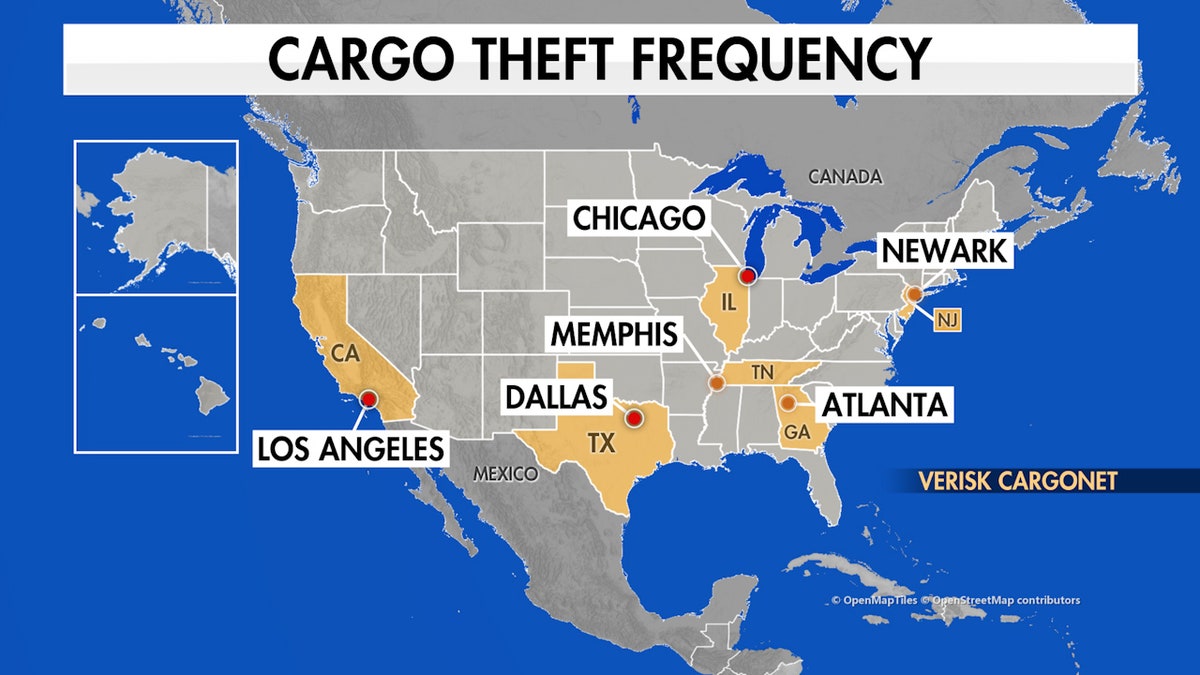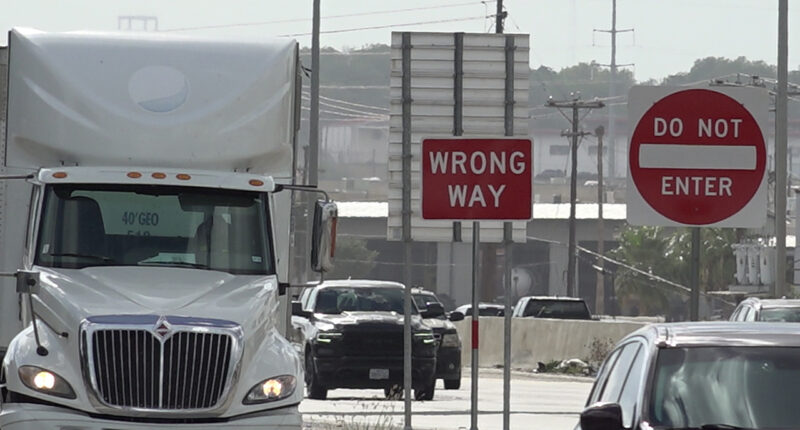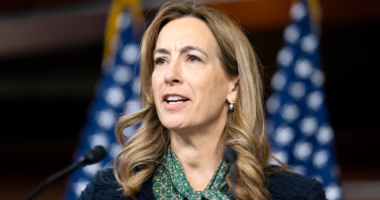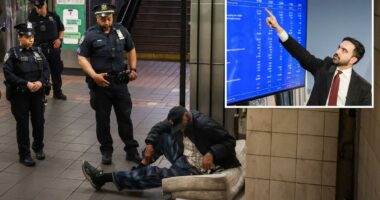Share this @internewscast.com
Online Cargo Theft a Growing Threat to Freight Trucking
The U.S. trucking sector is responsible for transporting nearly three-quarters of the nation’s freight, but it is under siege from criminals infiltrating the supply chain. This results in a staggering $19 million daily loss for the industry.
SAN ANTONIO, Texas – As the holiday season kicks off, freight trucking experts say cargo theft will once again surge as more products hit the road.
According to CargoNet’s July Q2 report, which monitors cargo theft across the nation, there has been a 13% rise in cargo theft incidents compared to the same period in 2024.
Old-fashioned cargo theft is still happening, and one San Antonio-based freight business has some experience with it.
“Prior to 2020, these were mostly straightforward thefts,” noted Adam Blanchard, co-founder of Double Diamond Transport and Tanager Logistics. “Thieves would simply breach seals and remove the goods.”

California, Texas and Illinois are the top three states for cargo theft in the U.S., according to CargoNet. (FOX News)
The trucking industry is rallying for the passage of the Combating Organized Retail Crime Act (CORCA). The American Trucking Associations (ATA) claims the act “would grant law enforcement and businesses a cohesive strategy to combat these crimes. It proposes the formation of a long-awaited task force to dismantle these crime syndicates and introduces an essential national cargo theft database.”
Blanchard testified to Congress in February, along with other industry leaders.
“The core problem lies in the lack of a dedicated law enforcement body for these cases,” Blanchard explained. “Until federal legislation is enacted to create a national agency tasked with investigating these crimes and pursuing arrests and convictions, the situation is poised to worsen.”
Blanchard indicated that theft impacts all aspects of the business, potentially necessitating price hikes, which would in turn result in increased costs for consumers.
“When they’re seeing products not arriving on the shelves, there’s a shortage of that,” Spear said. “The cost goes up. There’s a reflection in what you, I and what everyone pays for the things we want and need.”
–>
















